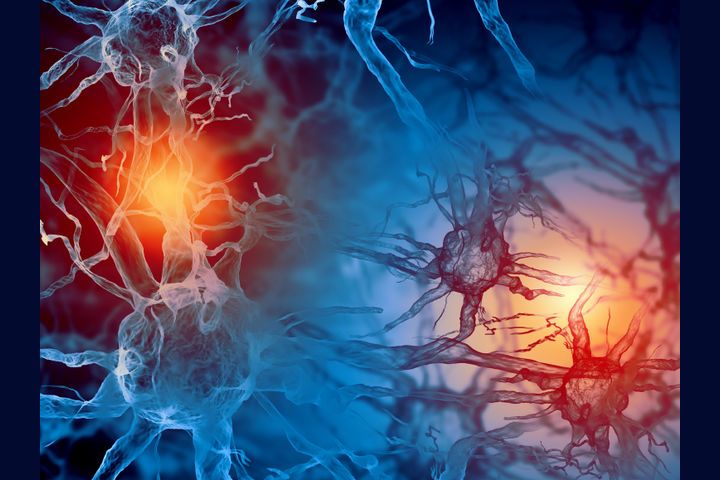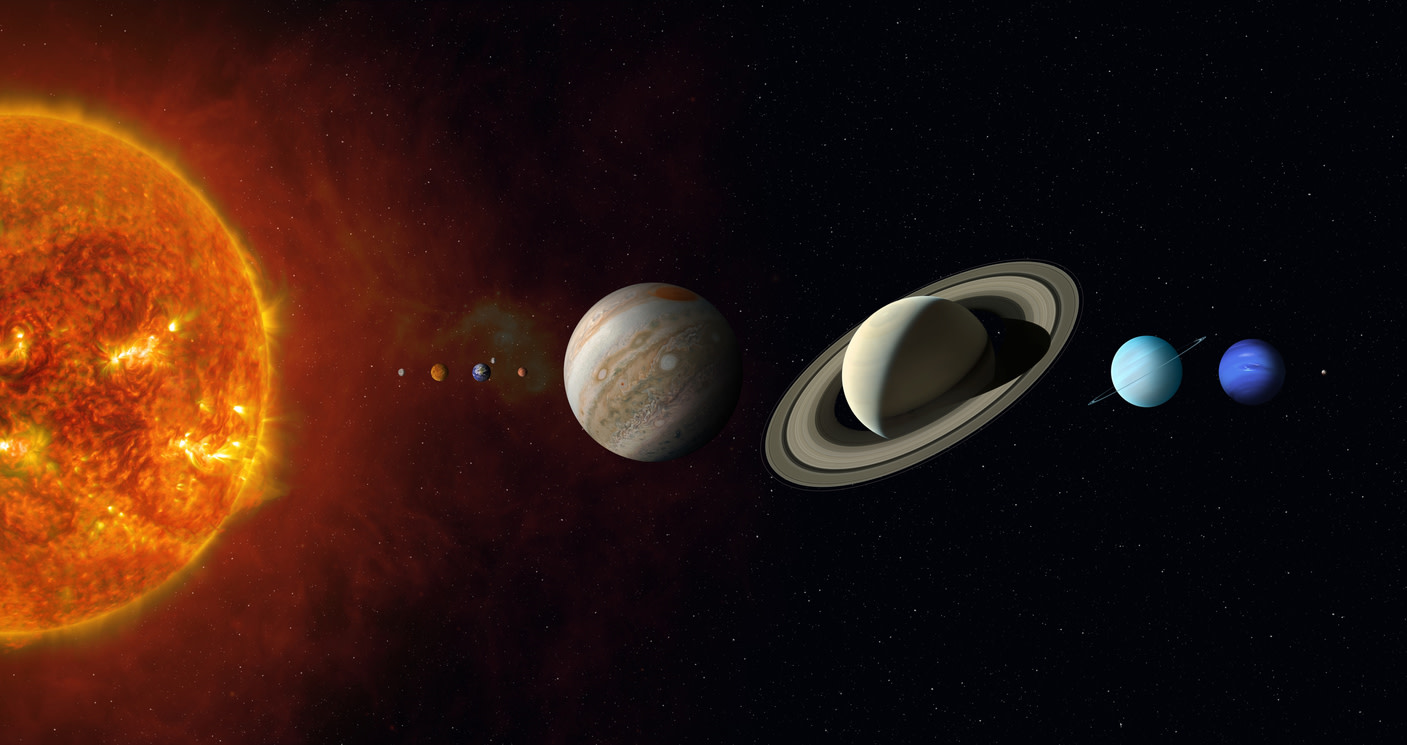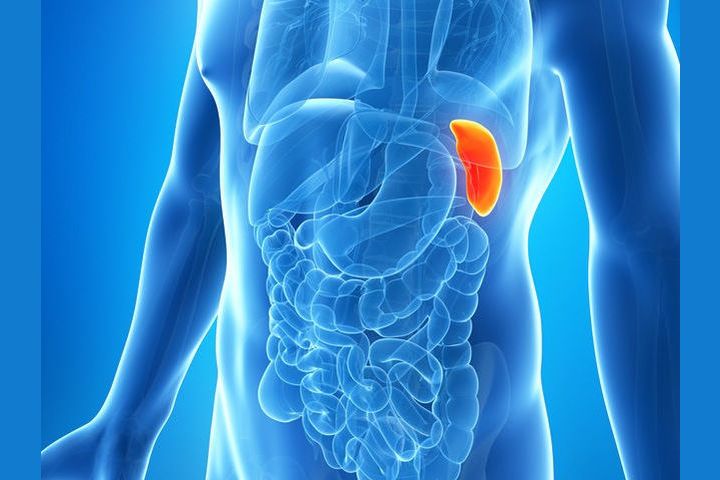
Have you ever wondered why bread rises in the oven, why bubbles are round, or why your hair stands on end when you rub a balloon against it? Science isn’t just something confined to labs and textbooks — it’s happening all around us, every day! From the kitchen to the bathroom mirror, from your backyard to the night sky, simple scientific principles explain much of what we see and do. In this quiz, we dive into everyday situations and reveal the fascinating science behind them. Whether it’s chemistry at play in cooking, physics in motion, or biology in action, you’ll gain fun facts and insights to impress your friends. Get ready to look at the world with new curiosity — and maybe next time someone asks “Why does that happen?”, you’ll have the answer!
No.
1
/10

Getty Images
What happens when you heat water to 100°C at sea level?
No.
2
/10

getty
Why does your hair stand up when you rub a balloon on it?
No.
3
/10

http://creationcenter.org/wp-content/uploads/2016/08/pineal-
What makes bread rise in the oven?
No.
4
/10

Getty Images
Why are soap bubbles round?
No.
5
/10

Getty Images
Why do ice cubes float in water?
No.
6
/10

Getty Images
Why do metal spoons feel colder than wooden ones?
No.
7
/10

getty
What happens when salt is added to ice?
No.
8
/10

https://userscontent2.emaze.com/images/ac4e1992-45d1-4c50-96
Why do we see rainbows after rain?
No.
9
/10

Getty Images
Why do onions make you cry when chopped?
No.
10
/10

Getty Images
Why does warm air rise?
Submit










